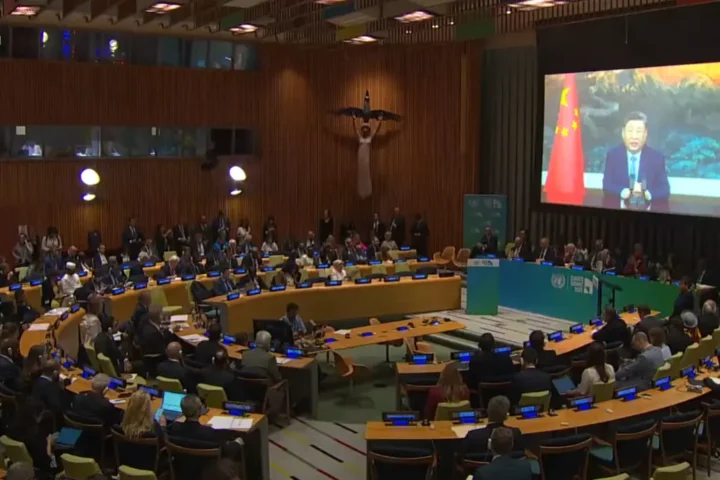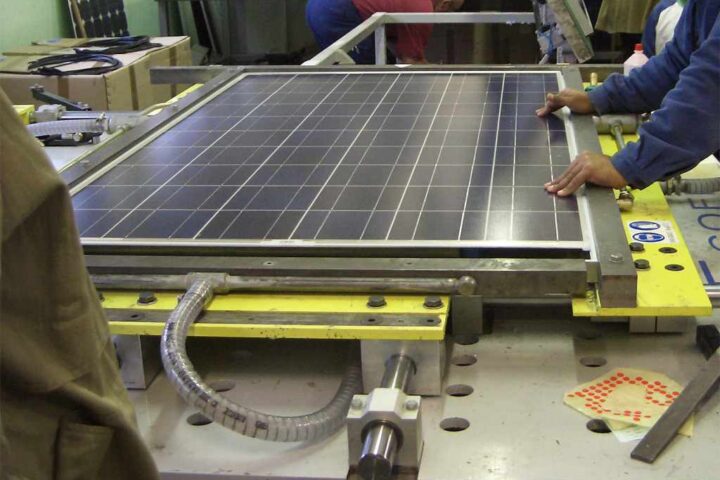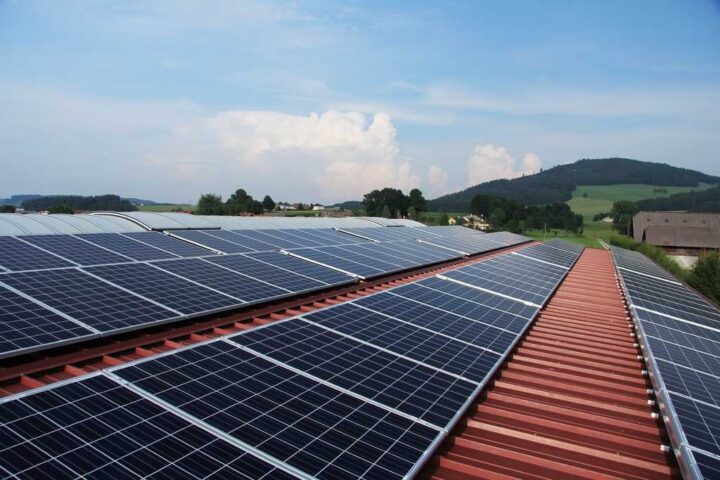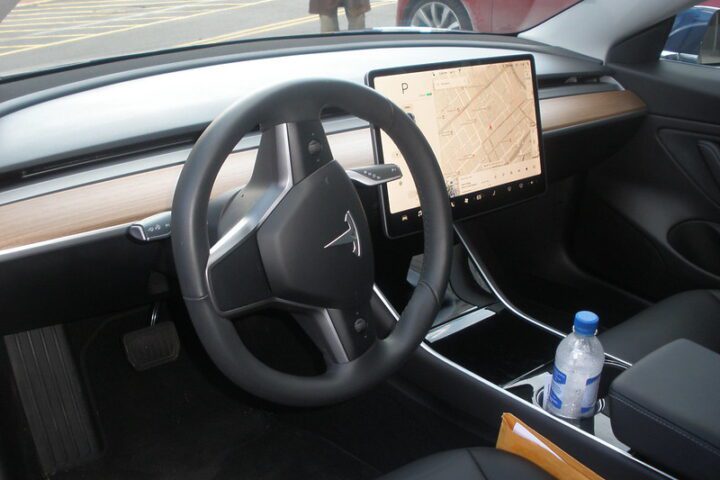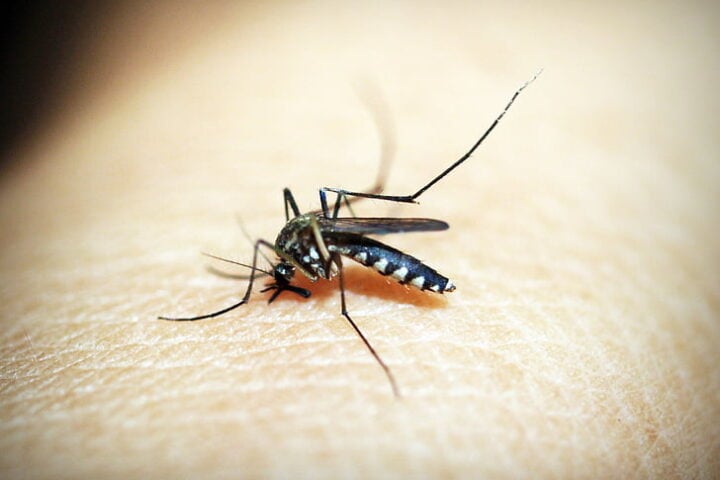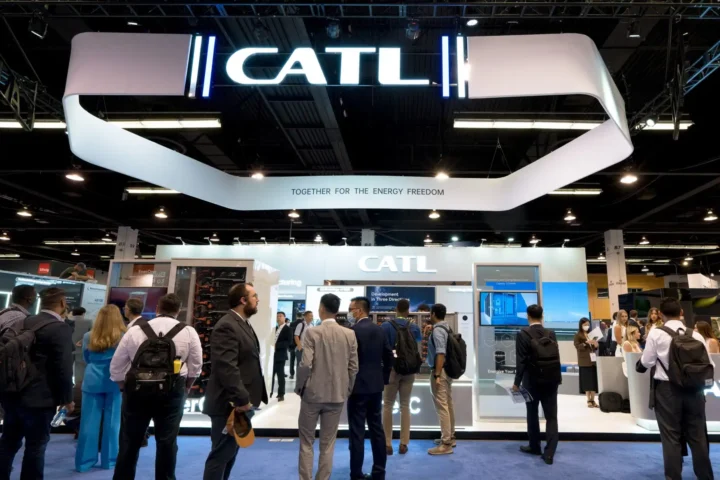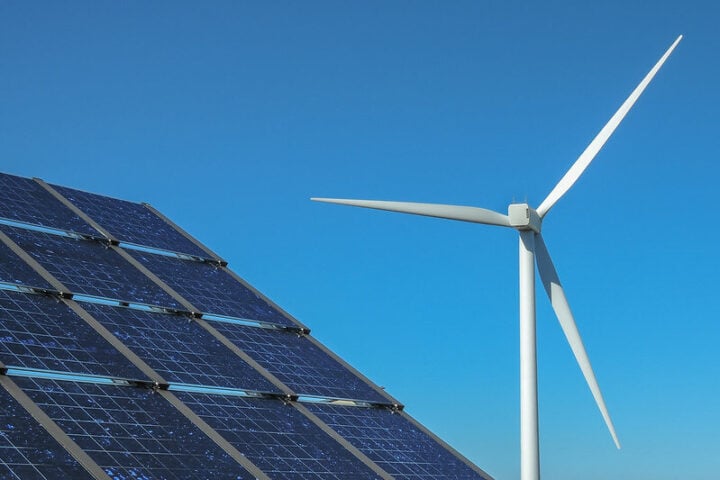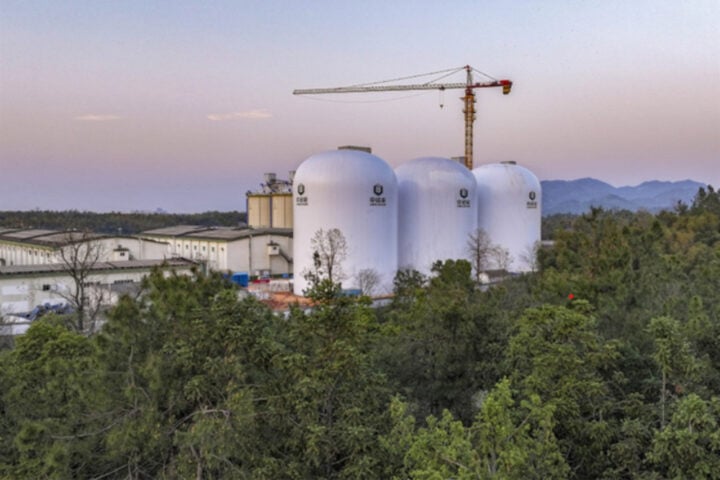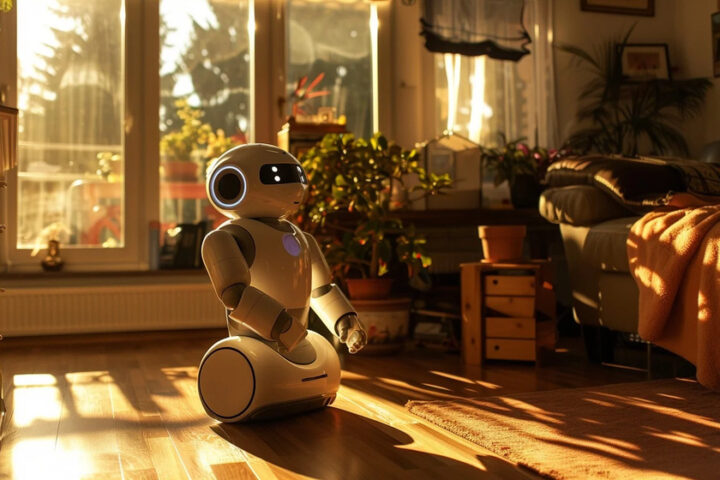China’s Tiangong space station is buzzing with scientific activity as the Shenzhou-20 crew makes significant progress on several important experiments. Astronauts Chen Dong, Chen Zhongrui, and Wang Jie are conducting studies across multiple scientific disciplines that could improve our understanding of how humans function in space.
The crew recently performed experimental tests using electroencephalogram devices, focusing on upper and lower visual field studies and executive-function training. These tests help researchers understand how the brain adapts to the unique conditions of orbit, providing valuable data for future long-duration missions.
Human-machine interaction is another key research area, with the astronauts using eye-tracking equipment to study how microgravity affects relational cognition. The team is also investigating how astronaut trust in AI assistants evolves during extended space missions – research that could shape the future of human-computer collaboration in space.
In the medical field, the crew conducted vascular ultrasound examinations to study how blood flow patterns change in weightless conditions. By measuring the morphological features and functional metrics of various organs, scientists hope to better understand the body’s adaptation to microgravity over time.
“These activities assist ground researchers in advancing their study of how microgravity affects relational cognition and its underlying mechanisms,” according to Xinhua.
Similar Posts
The astronauts are also researching human operational forces in space. By comparing how push-pull and rotational forces differ between Earth and space environments, the team is gathering data that could improve equipment design for future missions.
Beyond conducting experiments, the crew installed a universal biological cultivation module in the station’s life and ecological science experiment cabinet. This installation establishes the groundwork for future biological research aboard Tiangong.
Station maintenance remains a priority alongside scientific work. The crew regularly inspects equipment, implements health protection measures, and ensures all systems continue to function properly.
This mission marks Commander Chen Dong’s third space journey, while Chen Zhongrui and Wang Jie are making their first trips to orbit. The team arrived at Tiangong on April 24, 2025, after launching from the Jiuquan Satellite Launch Center, and is scheduled to remain aboard until late October.
The Shenzhou-20 mission continues China’s steady advancement of its space program, with Tiangong serving as both a home for astronauts and a laboratory for cutting-edge research that may benefit people on Earth. China’s growing space industry includes developments in reusable rocket technology and ambitious projects like space-based solar power stations, while private companies receive significant funding to expand capabilities.




